Turkey's application for BRICS membership and the 'axis' debate
‘There is no doubt that the fact that Russia, which is indirectly at war with NATO, is bringing NATO member Turkey's application for membership of BRICS to the agenda is aimed at deepening the contradictions between NATO's constituent powers.’

Fotoğraf: BRICS
Russian Vice President Yuri Ushakov said that Turkey has applied for full membership of BRICS and that they will evaluate this application. Uşakov also said that Russian leader Putin had invited President Recep Tayyip Erdoğan to the 16th BRICS summit, which is scheduled to be held in Kazan, Russia, on 22-24 October, and that Erdoğan had accepted the invitation. AKP spokesman Ömer Çelik also said: "Our request to become a member of BRICS is clear. The process is ongoing and if there are concrete developments, we will announce them. Our president has said that Turkey wants to participate in important platforms, including BRICS', confirming this development. These statements have reopened the 'axis' debate in Turkey.
The timing of Russia's announcement of its application for BRICS membership, which Çelik described as 'an ongoing process', is also noteworthy.
First of all, there is no doubt that Russia, which is at war, albeit indirectly, with NATO, the war organisation of the Western imperialists led by the USA, over Ukraine, and NATO member Turkey's application for membership of BRICS aims to deepen the contradictions between the powers that make up NATO.
On the other hand, the fact that this statement comes at a time when the Erdogan government is taking steps towards further alignment with the US-EU-NATO axis shows that Russia is determined to push to the limit its policy of using relations with the Erdogan government against these powers. This is because the Erdogan government, by approving the membership applications of Sweden and Finland, has been loyal to NATO's policy of using the war in Ukraine as a basis for its 'enlargement strategy'. Again, at a time when there was talk of the possibility of a 'regional war' over Israel's aggression in Gaza, Turkey carried out joint exercises with the US in the eastern Mediterranean - an exercise which was announced by the US, not Turkey, and which clearly meant support for Israel. Another important development in Turkey's relations with the 'Western axis' is that Turkey was invited to an informal meeting of EU foreign ministers after 5 years and Foreign Minister Hakan Fidan attended this meeting.
In the face of Turkey's new steps based on its allegiance to the US-NATO axis, it is known that Russia continues its initiatives to improve relations and cooperation between Turkey and Syria. In this context, it is necessary to recall the recent statement of the Russian Foreign Minister Lavrov that "Turkey is ready to discuss the withdrawal of troops from Syria" and that a new meeting on "normalisation" will be held in the coming period. As a continuation of these developments, Turkey and Russia have recently resumed joint patrols in Syria under the 'Sochi Memorandum'.
As for whether Turkey's application for membership in the BRICS means a shift of the axis in terms of the relations of dependence on the Western imperialists and NATO, it is necessary to draw attention to the following points:
Founded in 2006 between Russia, China, India and Brazil and renamed to BRICS after the accession of the Republic of South Africa in 2010, it can be said that this organisation mainly aims to fight against the Western imperialists led by the USA and their financial institutions in the economic field. In this sense, it is clear that BRICS is one of the tools of Russia, which wants to be more prominent in the imperialist struggle for the redistribution of the world, but especially of China, which is in a race with the US imperialism to become the biggest imperialist power. However, even the fact that the Russian leader Putin did not attend the BRICS summit held in the Republic of South Africa last year due to the arrest warrant issued against him by the International Criminal Court, to which the Republic of South Africa is also a party, is important in order to understand the limits of this union and to see that it does not have a security-military function in the struggle for sovereignty between the imperialists. Again, for example, there are serious border disputes between China and India, which are among the founders of this union, and a war in the Asia-Pacific region has the potential to set these powers against each other.
Our columnist Ceren Ergenç, known for her studies on China, had made an assessment of Turkey's membership bid: "Russia is taking steps, such as inviting Turkey to join, in order not to completely lose control to China in regional organisations such as BRICS and the Shanghai Cooperation Organisation (SCO). This assessment is important both in terms of revealing the contradictions between the leading powers of the BRICS and in terms of understanding that this organisation does not have a decisive position in the axis debates.
At this point, it is necessary to draw attention to the difference between the SCO and the BRICS, of which Erdoğan also said that Turkey would like to become a member. This is because the SCO stands out as an organisation founded by Russia and China with the aim of security and military cooperation in their respective regions. In other words, the SCO differs from the BRICS in that it is a military formation against the penetration of NATO, the war organisation of the Western imperialists, into the spheres of influence and sovereignty of Russia and China. That is why Kremlin spokesman Peskov said about Turkey's application to join the SCO: "We know that Turkey wants to join the SCO. There are some contradictions between Turkey's basic obligations and position as a NATO member and the world view enshrined in the SCO's basic documents,' Peskov said, pointing to the possible threats that a NATO member country could pose to the organisation.
To sum up, Russia is doing its best to keep Turkey in as problematic a position as possible in its relations with the USA and the EU and within NATO. However, not forgetting that Turkey is within the axis of the Western imperialists and NATO, it tries to prevent the steps it takes from having consequences that will boomerang back on it, as in the case of the Erdogan government's reservation on the application for membership in the SCO.
As a result, the Erdoğan government's application for membership of BRICS, which has clearly shown its economic loyalty to the Western imperialists with the programme of Finance Minister Mehmet Şimşek and its military loyalty to the Western imperialists with its role in NATO, does not indicate a "shift of axis". On this basis, we can say that the Erdogan government is trying to use the existing contradictions in order to increase the share of the monopoly bourgeois reaction, with which it is in a fateful alliance, in a process in which the competition for trade routes and the struggle for the redistribution of the region are escalating. However, the policy of exploiting these contradictions leads the imperialists to use the expansionist ambitions of the government in Turkey and contradictions such as the Kurdish question in accordance with their own policies and to expose Turkey to new threats. Therefore, a new axis that will liberate the country from this siege will only be possible through the struggle of the working class and the peoples against imperialism and the collaborating government.



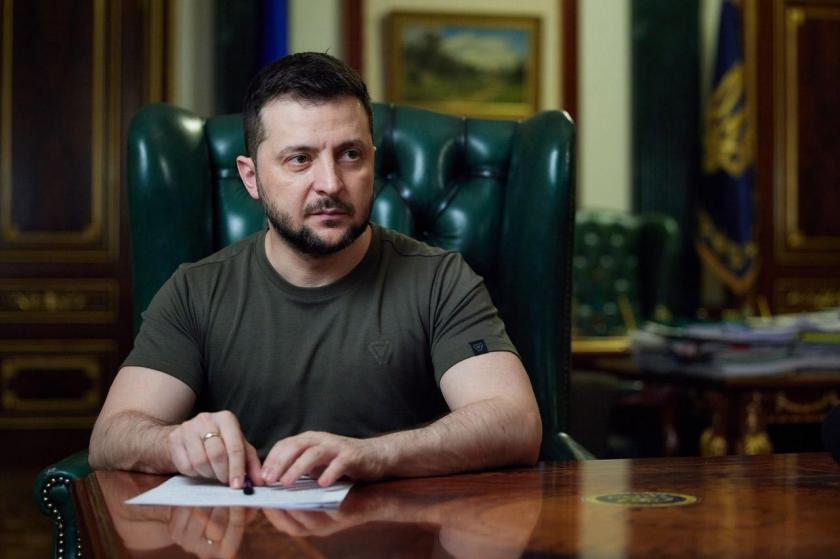
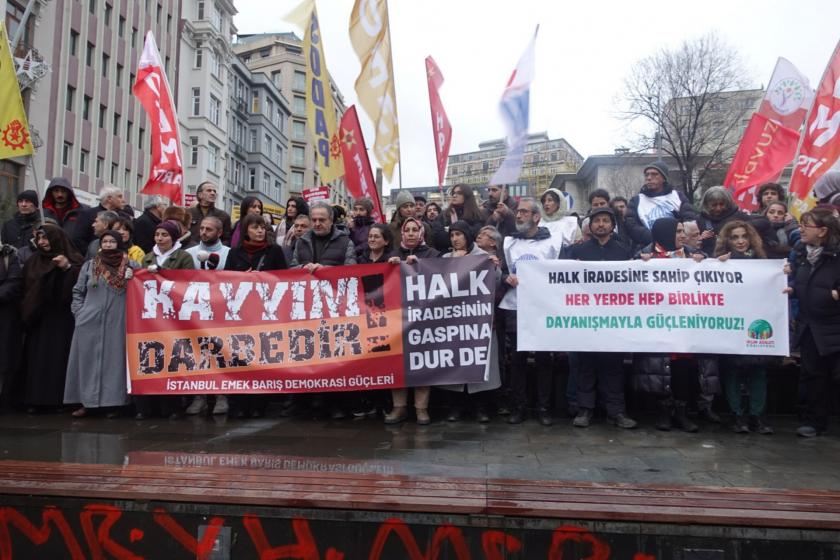
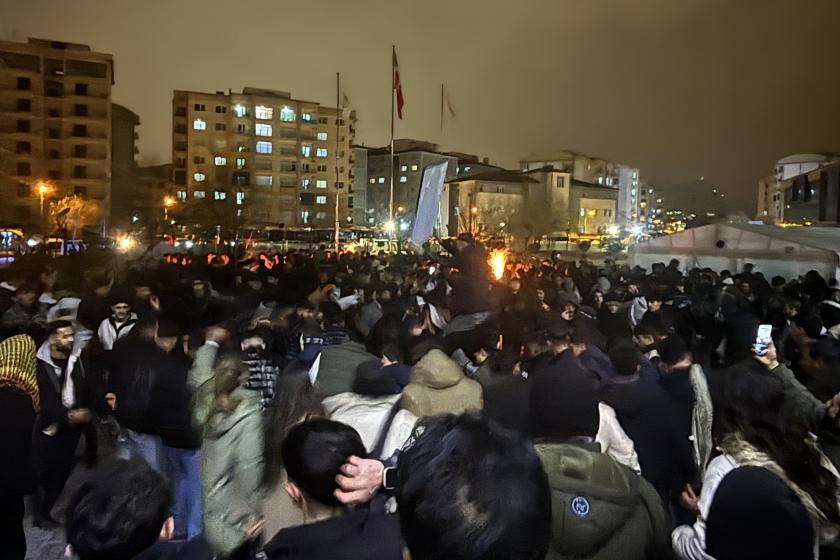








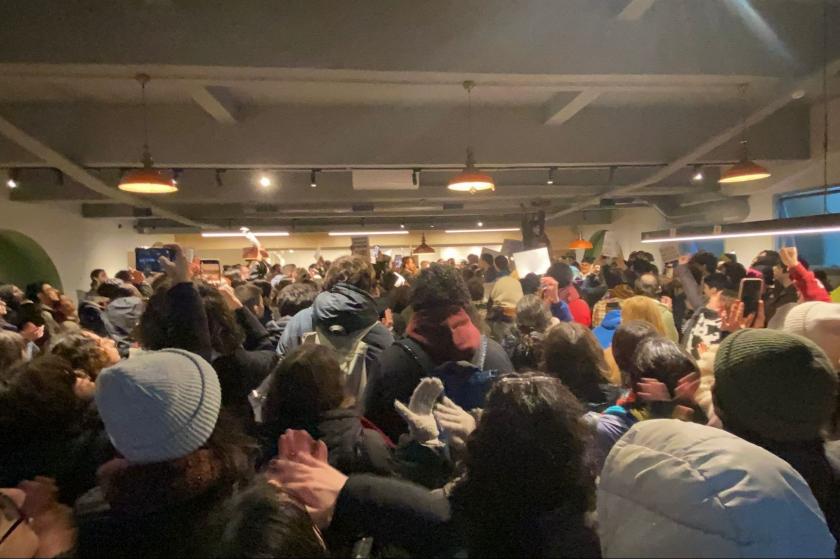

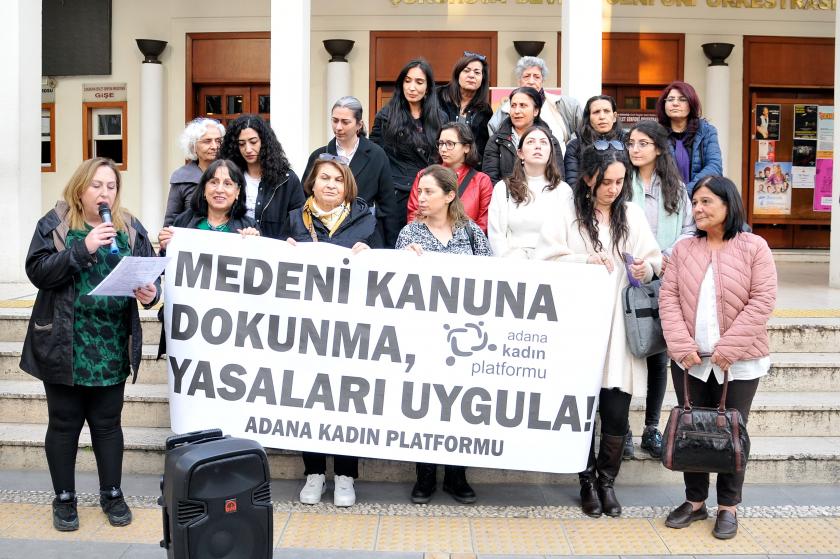

Evrensel'i Takip Et